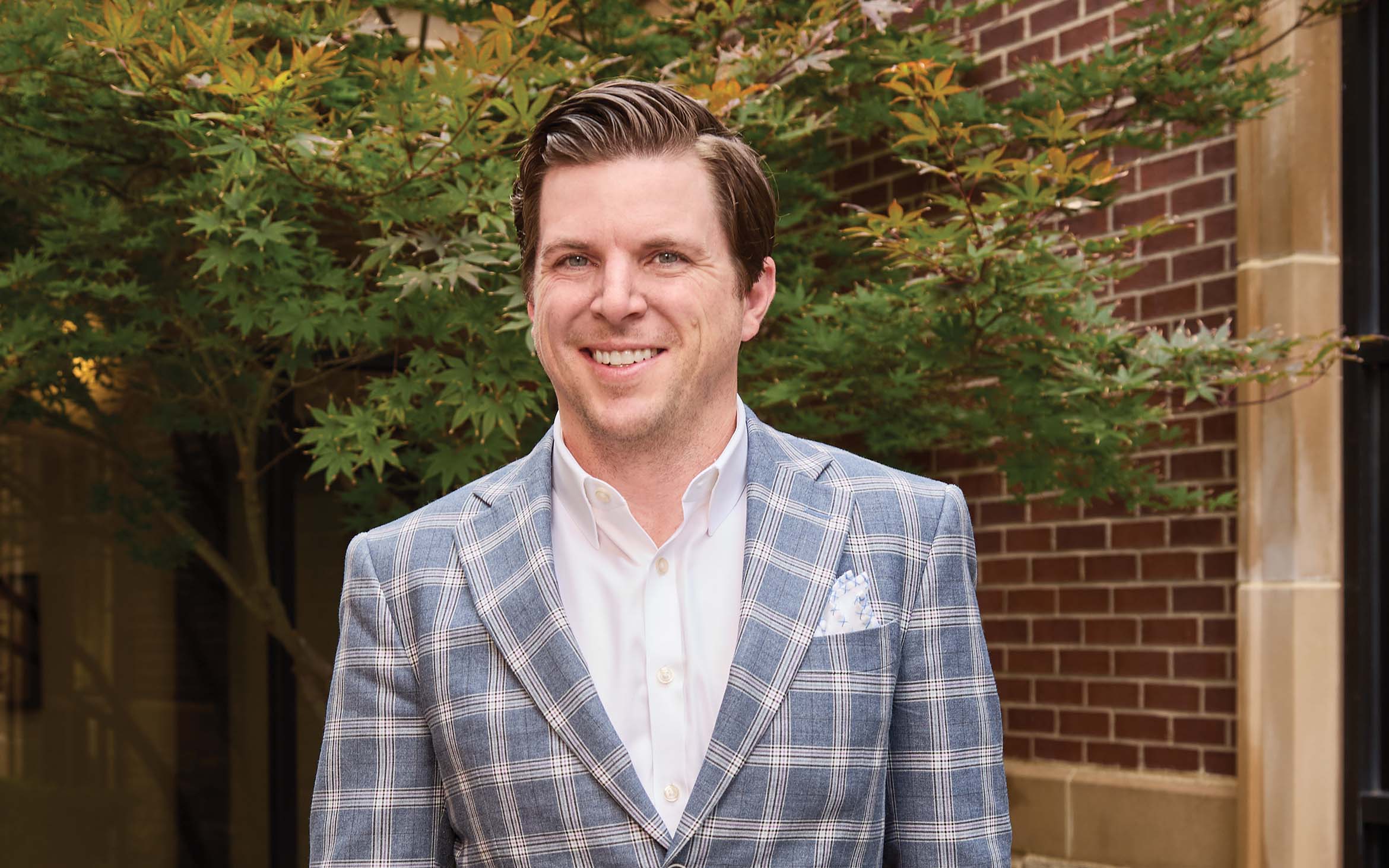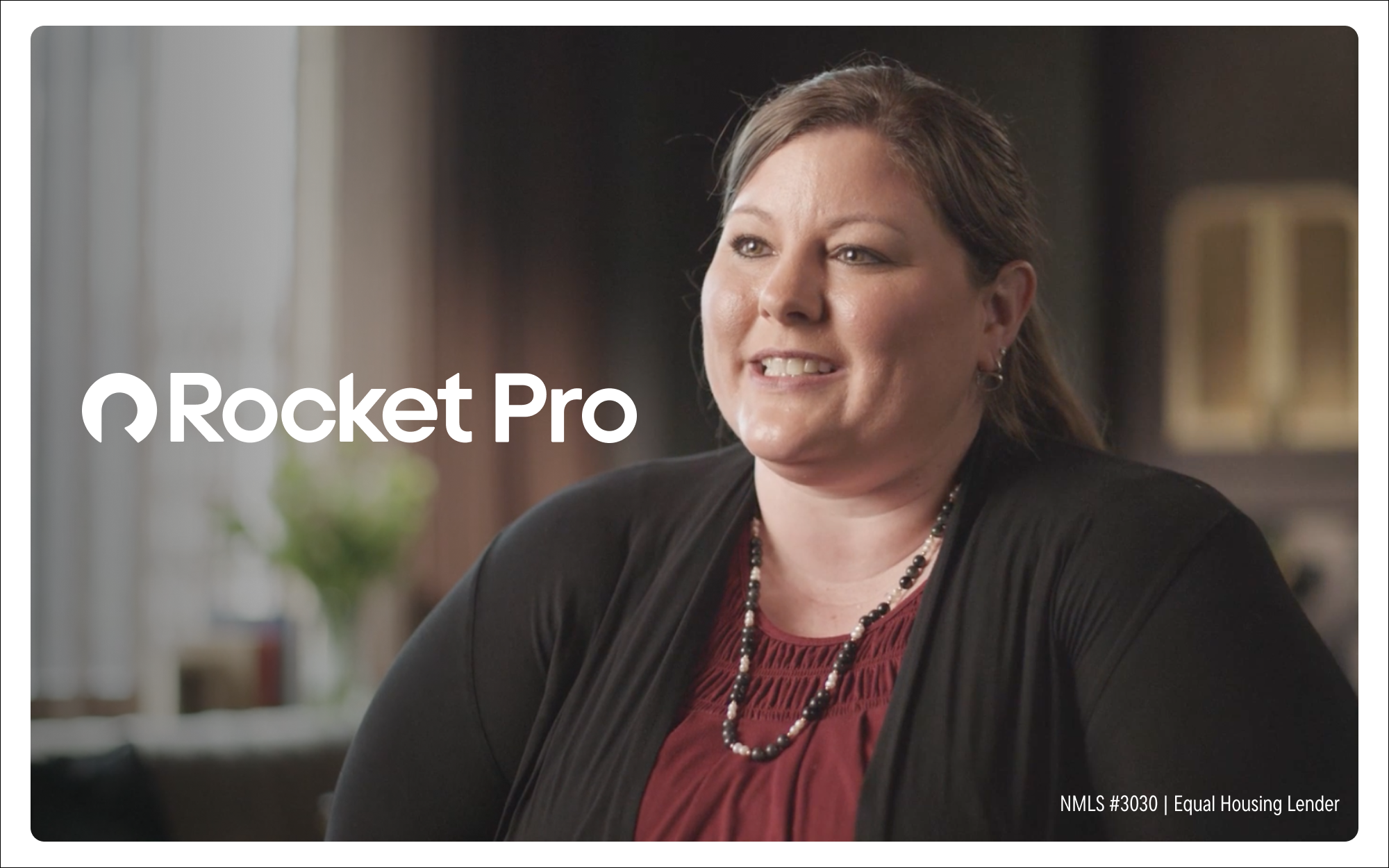Dismayed at the lack of business ownership opportunities and advancement afforded to entrepreneurial women, Marianne Markowitz spearheaded a consortium to form a women-founded, women-owned and women-led de novo in search of a national solution.
First Women’s Bank tackles small business inequity
March 01, 2022 / By Margaret Littman
Dismayed at the lack of business ownership opportunities and advancement afforded to entrepreneurial women, Marianne Markowitz spearheaded a consortium to form a women-founded, women-owned and women-led de novo in search of a national solution.
Name:
First Women’s Bank
Location:
Chicago
Marianne Markowitz was familiar with the statistics. Thirty-eight percent of U.S. small businesses are owned by women, and 35% of those are owned by women of color, according to a 2021 analysis by Forbes and Stanford University.
“Women of color are leading the exponential growth in the women’s economy,” says Markowitz. However, only 16% of them receive conventional business loans, there are still significant gaps in access to capital and statistics show that female entrepreneurs are less likely to look for financing for their small businesses (25% versus about 34% of men, according to a 2018 report from American Express).
Quick Stat
38%
of small businesses in the U.S. are owned by women
35%
of those are owned by women of color
Source: Forbes and Stanford University
The reasons for the disconnect are myriad. Some of the service sectors in which women start businesses may be less likely to receive outside funding. Many women know the stats and perhaps don’t want to spend the time applying for funding they are unlikely to receive. Others may not know how to apply or feel they don’t have the track record to enable them to do so.
“It’s a layered issue,” says Markowitz, who is a former acting administrator of the Small Business Administration (SBA). But as she notes, the bottom line is that women tend to over-rely on personal credit, such as credit cards and home equity loans, to finance their businesses.
Access to later refinancing is skewed, too. According to Markowitz, women end up with 47 cents to every dollar that their male counterparts hold in equity in businesses that they have built.
A grassroots effort
Markowitz knew the problems. She wanted to be part of the solution.
In April 2019, she joined a group of people who hoped to launch First Women’s Bank. It would be the first new bank in the Chicago area in more than a decade. By June of that same year—just eight weeks later—the team had generated $3.5 million in seed capital.
Markowitz, who is today president and CEO of the community bank, knew the concept was needed and well vetted. As the team made presentations, they got standing ovations.
In September 2019, First Women’s Bank filed with regulators, receiving its permit to organize in late December 2019. That meant fundraising started in January 2020, just as the COVID-19 pandemic began. While the pandemic slowed the pace of fundraising, First Women’s Bank was able to attract more than 200 investors, including tennis great Billie Jean King and some corporate partners. King is also a strategic advisor, as are entrepreneur Nia Batts and actress Sophia Bush.
The team collected $36.2 million in its capital raise, which Markowitz says is the most ever raised by a de novo in Illinois.
“There were many, many people who were highly discouraging of the de novo process. And now that I have gone through it, I understand why,” she laughs. “But we are an impressive group.”
First Women’s Bank offers personal savings, checking and CDs, with digital banking from a branded app. But it is primarily a commercial bank, with no personal lending. Services include treasury management and commercial lending, such as SBA, USDA and conventional loans.
The community bank also recruited corporations to participate in what it calls Mission Partnerships. Companies including Aon, the Western Golf Association (WGA), William Blair and Comcast have come on board as depositors. While Markowitz knew that First Women’s Bank’s mission, “To grow the economy and advance the role of women within it,” was solid, and based in research and personal experience, it was when future corporate partners told her they thought she would be “swimming in deposits” that she realized the message would resonate far and wide.
“A more inclusive economy”
In September 2021, First Women’s Bank cut the ribbon on its headquarters in a renovated loft building on Chicago’s Goose Island neighborhood with Chicago mayor Lori Lightfoot in attendance. Its organizers say it is the only women-founded, women-owned and women-led commercial bank created to support the women’s economy in the country.
With 70% women at the board level, “[First Women’s Bank] does not look like any other bank at all,” Markowitz says.
She is perhaps most excited about the FWB Collective, which she defines as a training and networking hub that is part of the bank’s offerings. This community of resources and mentors is designed to help those looking to start and expand businesses.
“Unlike advisory boards that are there to advise the bank, this advisory board is for the clients,” she says. When it is fully operational, there will be 100 people on the advisory board. Members include top business leaders, such as Maxine Clark, founder of Build-A-Bear Workshop. The hope is that the FWB Collective will help entrepreneurs find the tools and expertise they need to start and expand businesses, and also become a pipeline for bank customers in the future.
Homegrown talent
First Women’s Bank is based in Chicago partly because that is where the team has its roots, but also because it is the right place for the mission. The city is one of the leaders in the world in terms of women-run businesses. It is also home to several mission-aligned business organizations, such as the influential C200.
“This bank is all about the power of networks, and our story highlights the power of networks. We believe in the power of networks as much as the power of capital,” says Markowitz.
And, yes, men can and do work at First Women’s Bank in any and all roles at the organization.
Adds Markowitz: “This bank is all about equality, not dominance. We’re making a more inclusive economy. We’re not about exclusivity.”
Subscribe now
Sign up for the Independent Banker newsletter to receive twice-monthly emails about new issues and must-read content you might have missed.
Sponsored Content
Featured Webinars
Join ICBA Community
Interested in discussing this and other topics? Network with and learn from your peers with the app designed for community bankers.
Subscribe Today
Sign up for Independent Banker eNews to receive twice-monthly emails that alert you when a new issue drops and highlight must-read content you might have missed.
News Watch Today

Join the Conversation with ICBA Community
ICBA Community is an online platform led by community bankers to foster connections, collaborations, and discussions on industry news, best practices, and regulations, while promoting networking, mentorship, and member feedback to guide future initiatives.












